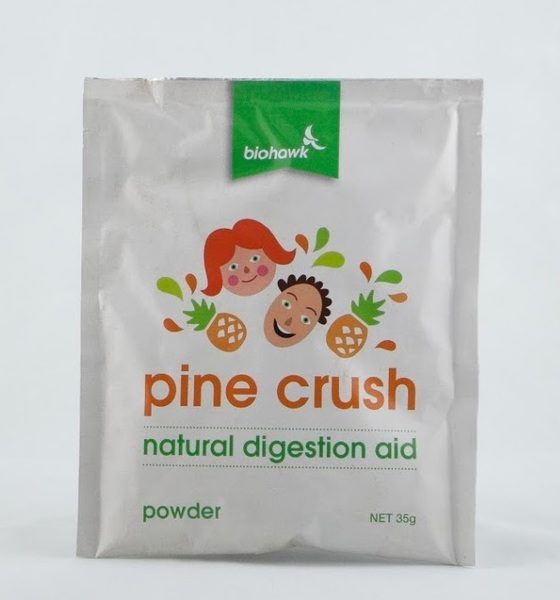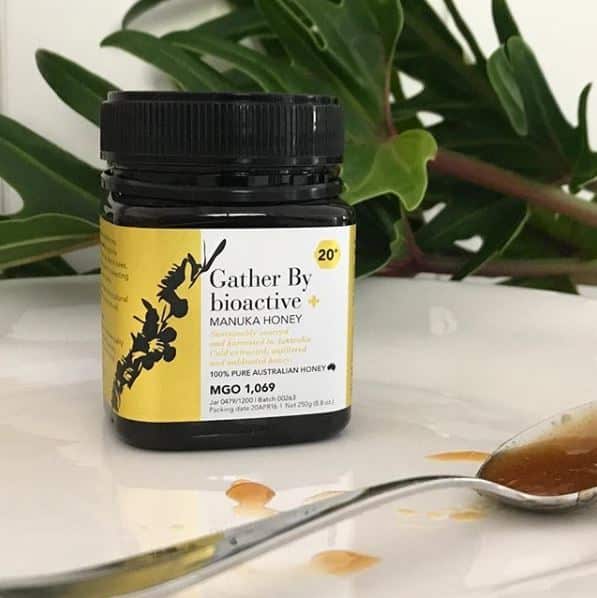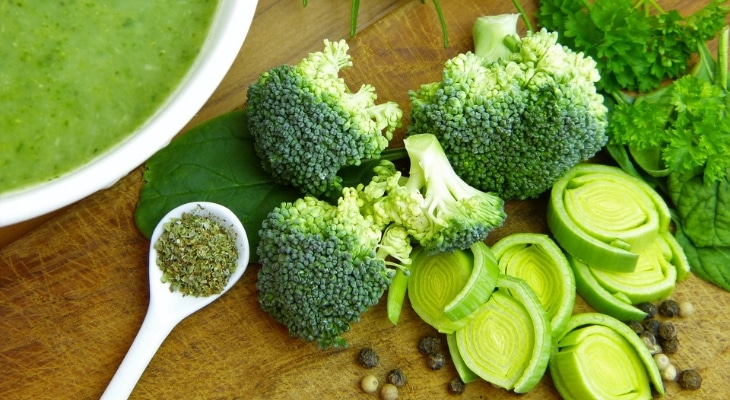Food as Medicine: Fad or Fact?
Long before the days of the corner chemist, food was used as medicines.
Despite humanity’s long standing reliance on the goodness of nature for various ailments, it can be hard to convince the modern consumer that food is better than a pill.
We have all witnessed the bombardment of ‘natural’ diets including the ‘Atkin’, “Paleo’, ‘Vegan’, ‘Dukan’ and associated products the market, which each have varying degrees of success.
The Evidence
The bottom line, though, is that our diet of highly processed food products is causing rampant health issues. In 1980 there were 108 million people globally who have preventable type 2 diabetes. By 2017, that had ballooned to 422 million. That equates to one in eleven people on the planet having type 2 diabetes with related global health expenditure of $US727 billion.
Research Dietitian at CSIRO, Genevieve James-Martin wrote in the online forum, The Conversation that “Most Australian adults would know they’re meant to eat two or more serves of fruit and five or more serves of vegetables every day. Whether or not they get there is another question.
A high intake of fruit and vegetables lowers the risk of type 2 diabetes, heart disease, stroke and some cancers. These chronic diseases are unfortunately common – it’s been estimated A$269 million could have been saved in 2008 if everyone in Australia met fruit and vegetable recommendations.”
Despite evidence that eating vegetables can reduce the risk of heart disease, high blood pressure and cancer, it is estimated that more than 19 million Australians aren’t meeting their minimum dietary guideline recommendation. This has led to tertiary institutions like Monash University and RMIT University in Australia offering free courses in food as medicine.
In general, many lifestyle medicine physicians recommend a plant-based diet — particularly for people with diabetes or other inflammatory conditions.

BioHawk Pine Crush Powder
The Research
Professor Lisa Wood, Biomedical Science and Registered Nutritionist, who leads the nutrition team, within the Priority Research Centre for Healthy Lungs at the University of Newcastle, Australia.
Professor Wood studied the relationship between antioxidants and oxidative stress in young cystic fibrosis patients and then moved to studying the effects of food on asthmatics.
Lisa delivered antioxidants to asthma patients in the form of fruit and vegetables. The ‘high’ fruit and vegetable diet group consumed two serves of fruit and five serves of vegetables per day to meet current dietary guidelines, while the ‘low’ fruit and vegetable diet group consumed one serve of fruit and two serves of vegetables per day, which is the usual intake for Australian adults.
“We compared what people should be eating with what they are actually eating,” she says.
“In a three-month period we found that those in the ‘low’ group had more than twice the risk of having an asthma attack than those in the ‘high’ group.”
“Increasing antioxidant levels was found to be associated with improved lung function in patients with cystic fibrosis.” And for asthma sufferers her study found; “The key observation underpinning this project is that when people eat lots of fatty foods, it reduces the efficacy of their Ventolin.”
Can you eat your way to happiness?
Well, yes, according to world leading research at Deakin University’s Food and Mood Centre.
The Food and Mood Centre is a Deakin ‘idea’ that is committed to conducting high quality research that helps us to learn about how we might reduce risk, prevent, or even treat mental disorders through diet and nutrition.
Felice Jacka is a psychiatric epidemiologist with a strong interest in the prevention of mental disorders. Her primary research focus relates to the possible influence of diet and nutrition on the common mental disorders, depression and anxiety.
Dr Jacka says in her article in The Conversation: “As well as our physical health, the quality of our diet matters for our mental and brain health.”
“It’s important to understand researchers now believe depression is not just a brain disorder, but rather a whole-body disorder, with chronic inflammation being an important risk factor. This inflammation is the result of many environmental stressors common in our lives: poor diet, lack of exercise, smoking, overweight and obesity, lack of sleep, lack of vitamin D, as well as stress.”
“If we do not consume enough nutrient-dense foods such as fruits, vegetables, fish and lean meats, this can lead to insufficiencies in nutrients, antioxidants and fibre. This has a detrimental impact on our immune system, gut microbiota and other aspects of physical and mental health.”
As well as general health through better eating, more and more food products are being used in natural medicine products that can target specific ailments.
To this end, the Australian Federal Government has provided $360,000 in funding to research traditional Australian medicinal plants with a view to developing a new local industry, Minister for Resources and Northern Australia Matt Canavan said.
“Project participants have emphasised the fact this project will provide opportunities for Aboriginal people to share their knowledge of medicinal plants and foods with experts skilled in laboratory testing and healthcare product development,” he said.
“This means tapping into knowledge of bush medicine developed over thousands of years and using modern testing techniques.”

Bather By Bioactive Manuka Honey
Complementary medicines using food products featured at the Naturally Good Expo in 2018
- Gather By Bioactive+ Manuka Honey: This is not the sort of honey you spread on your toast every morning (although you can if you want to). This is a rare, pure, raw and potent Manuka honey that can be used for wound care due to its high level of anti-bacterial properties.
- NutriVital Biofermented Organic Cranberry: This is a concentrate that you mix with mineral water, creating a potent drink that can help assist with urinary tract infections and general stomach health.
- Biohawk Pine Crush Powder: This uses pineapple to help digest phlegm in the throat and lungs
-
Get your FREE ticket
- REGISTER FOR FREE
